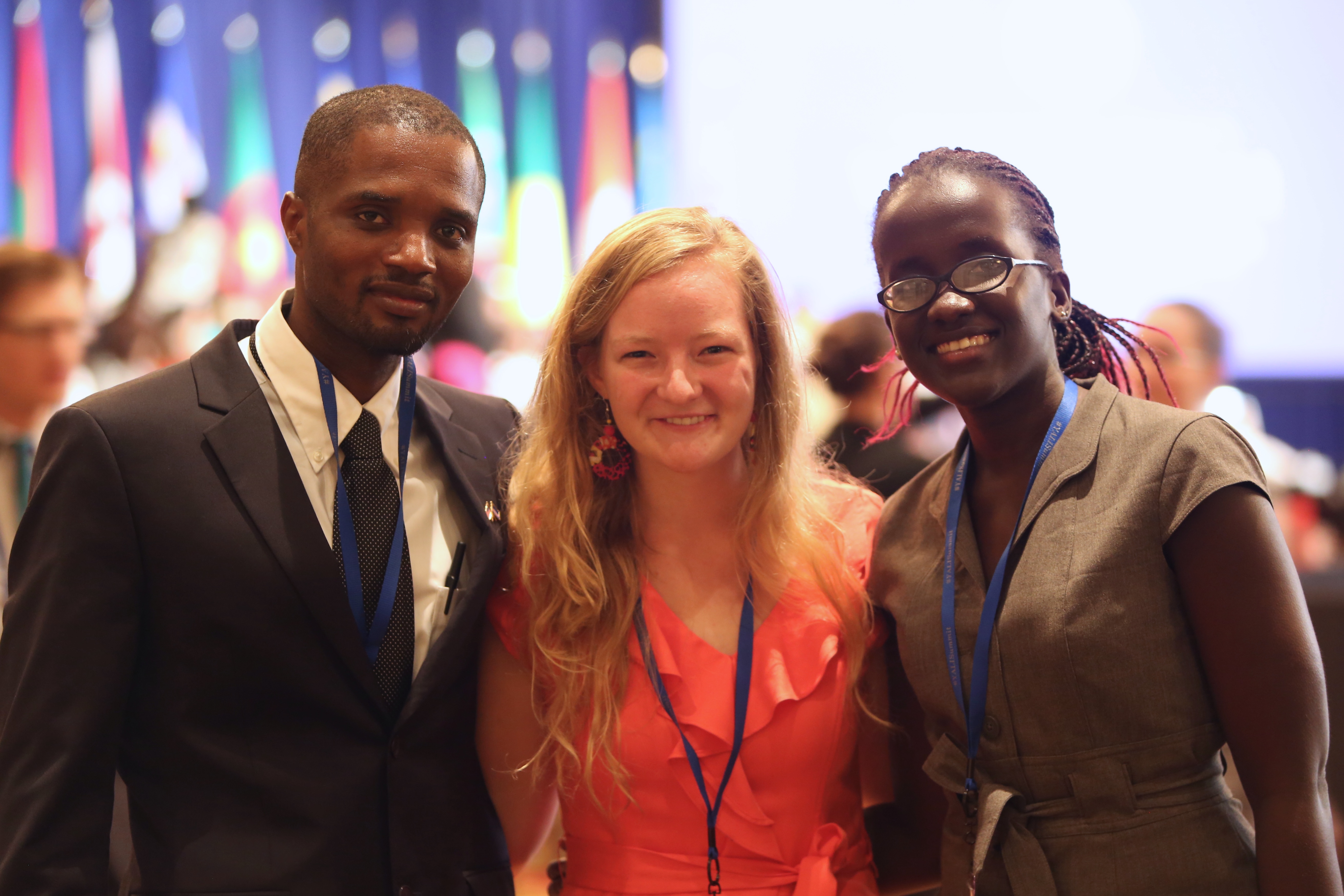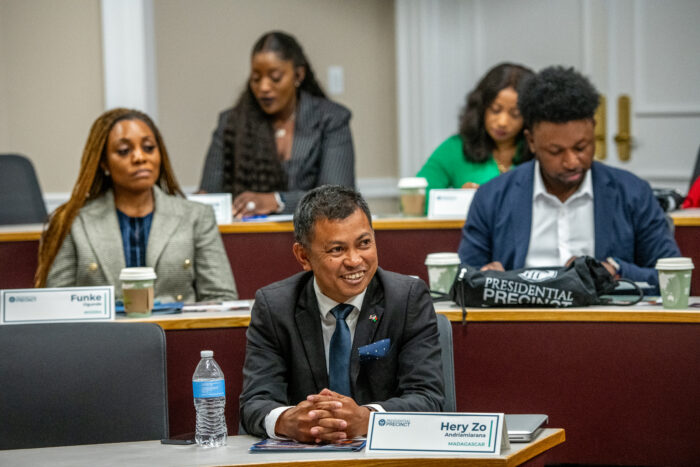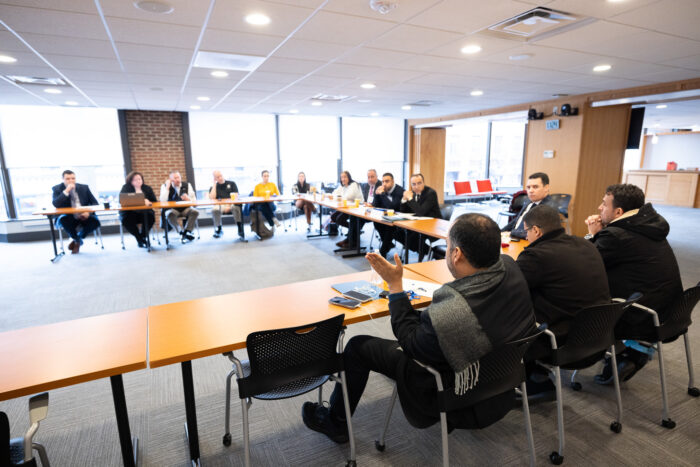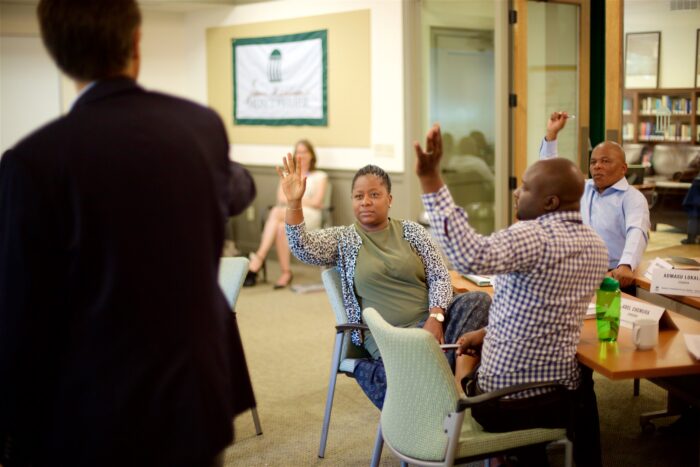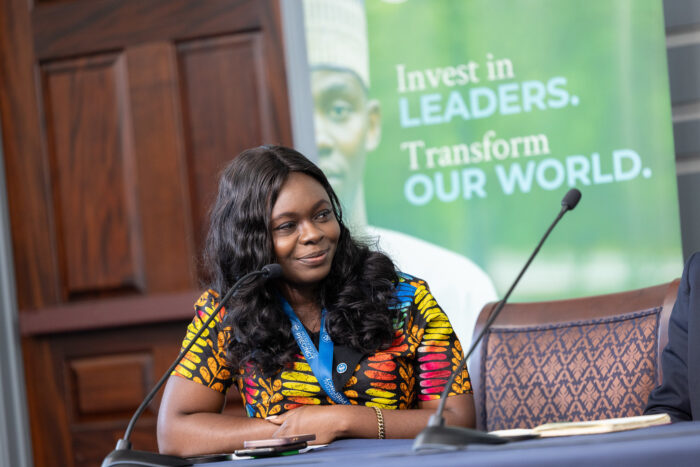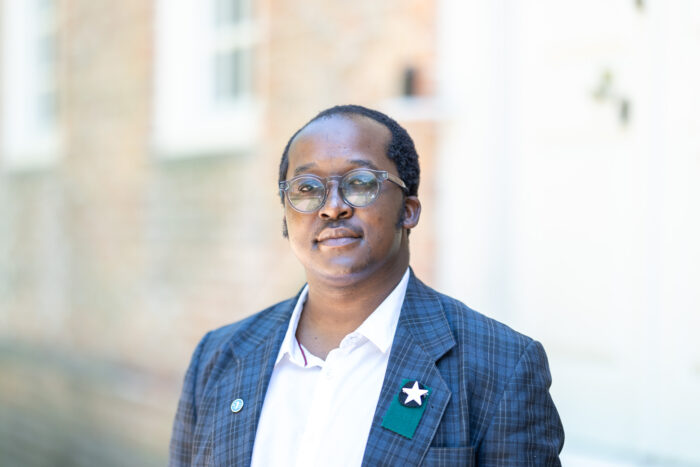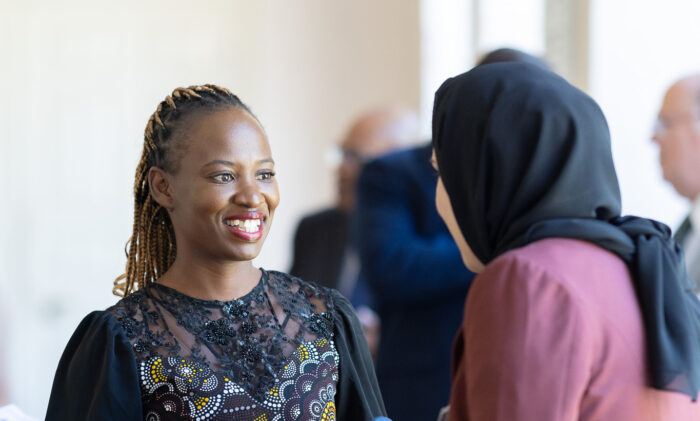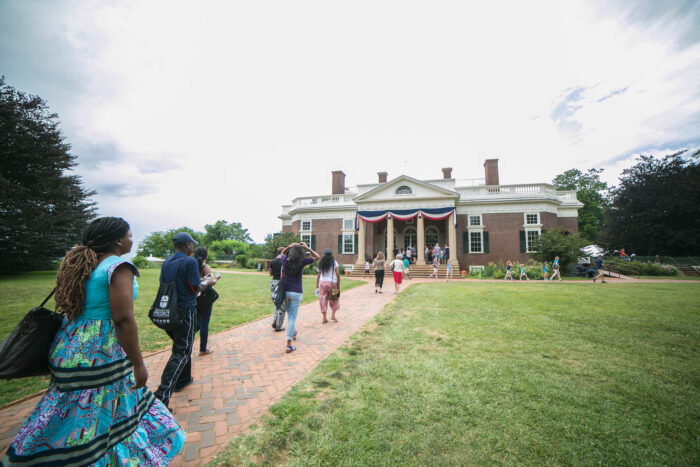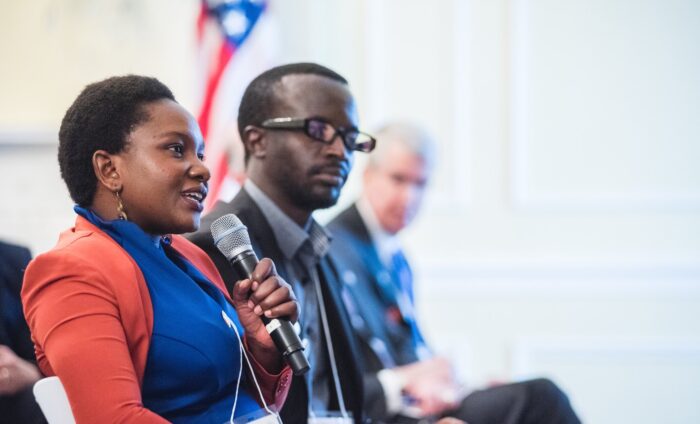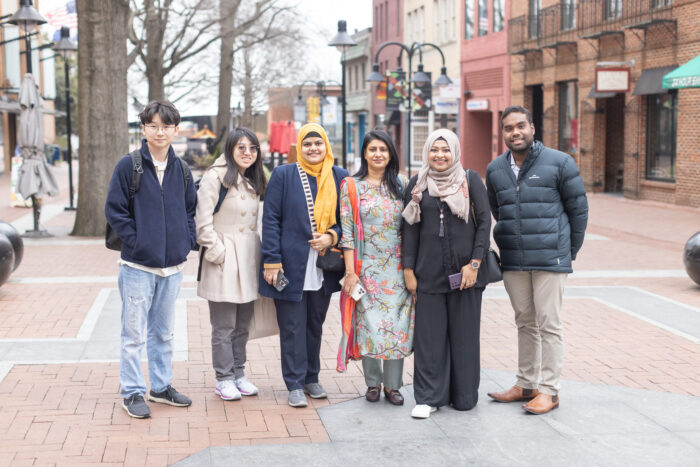YALI Staff Reflection: An Intern's Experience
Originally published by William & Mary News.
On July 28, 500 African fellows sat in the Omni Shoreham hotel in Washington, D.C.
They had arrived in the United States six weeks earlier and, since then, had received coursework from 20 American universities in tracks like civic leadership and public management.
They were part of the Young African Leadership Initiative (YALI), a flagship program started in 2010 by President Barack Obama to invest in Africa’s greatest resource – its people. The event at the Shoreham Omni marked the opening of a three-day summit, where the fellows heard from and met with President Obama, First Lady Michelle Obama and Secretary of State John Kerry, as well as U.S. civic and business leaders.
During those six weeks, William & Mary joined with the University of Virginia and several presidential homes – Jefferson’s Monticello, Madison’s Montpelier and Monroe’s Ash Lawn-Highland, as well as Morven – in what is known as The Presidential Precinct, to host 25 of these fellows on the civic leadership track.
Four William & Mary students – Olivia Jebb ‘16, Michael Hibshman ‘15, Kylie Thorpe ‘15 and myself, Brianna Buch – served as interns for the program. In this role, we traveled with the fellows for six weeks, attended the seminars, facilitated discussion and provided logistical support. Perhaps most importantly, we worked with the fellows to develop their “Essential Question,” an action plan to target an issue of concern once they returned home.
Spending six weeks with 25 of the 500 fellows, I can testify that President Obama’s assessment is correct – Africa’s greatest resource is its people. Ranging from 23 to 34 years old, the fellows proved to be ambitious and ready to tackle seemingly insurmountable challenges in their home countries.
Interning on this initiative proved a unique opportunity to experience 18 different cultures without ever leaving Virginia. Fellows from Kenya, Tanzania, Zambia and the Comoros brought unique perspectives and cultural challenges to the civic issues addressed in the course. Within 48 hours, I learned more about the subtle nuances between African countries than in any of my courses at school. Equally important to the learning happening in the classroom was the learning that fellows gained from dialoguing with each other.
The curriculum for the program highlighted data-driven advocacy through several lectures given by AidData staff and students. In hands-on labs, the fellows practiced map making and geocoding to increase familiarity with the process of data visualization.
Many of the most valuable moments offered by the program came during the long hours put into lectures, presentations, projects and assignments given to the fellows. As an intern, the most enriching part of the experience was speaking with the fellows outside the classroom, either individually or during several weekend excursions spent kayaking, canoeing, horseback riding and more.
In these conversations, the interns learned an authentic perspective on problems facing many African countries, among them civil unrest, coups, lack of youth in politics, youth unemployment and corruption. These discussions were eye-opening, broadening my perspective on these problems in the U.S. as well.
Former U.S. Ambassador to Rwanda and Ghana Robert Fritts said it well in his speech at the Fellowship’s closing ceremony, held inside the Wren Chapel: “You’ve impressed Americans with your cultural diversities. You’ve impressed my countrymen and won our admiration for your achievements and your youth. You’ve made us ashamed for our low voting turnout. And you’ve humbled us about our eating habits.”
The fellows brought a unique and fresh perspective to the histories of the founding fathers as we visited their homes, questioning that which has always been a given for me. On July 4, fellows and interns attended the naturalization ceremony at Monticello in Charlottesville, witnessing 45 people become new American citizens.
As part of the internship, I attended the summit, hearing President Obama and Secretary Kerry address the fellows, as well as answer questions about U.S.-Africa relations. Among the topics discussed were debt forgiveness, entrepreneurship, gender equality, the African Growth and Opportunity Act, governance and youth involvement in Africa. Fellows mixed and mingled with members of the House of Representatives, the Senate and top business executives in Washington.
At this summit, President Obama announced his commitment to continue the YALI program, and in two years to double the number of participants. Having seen the power of this program first-hand, I look forward to seeing just how far its reach will carry in the coming years.

